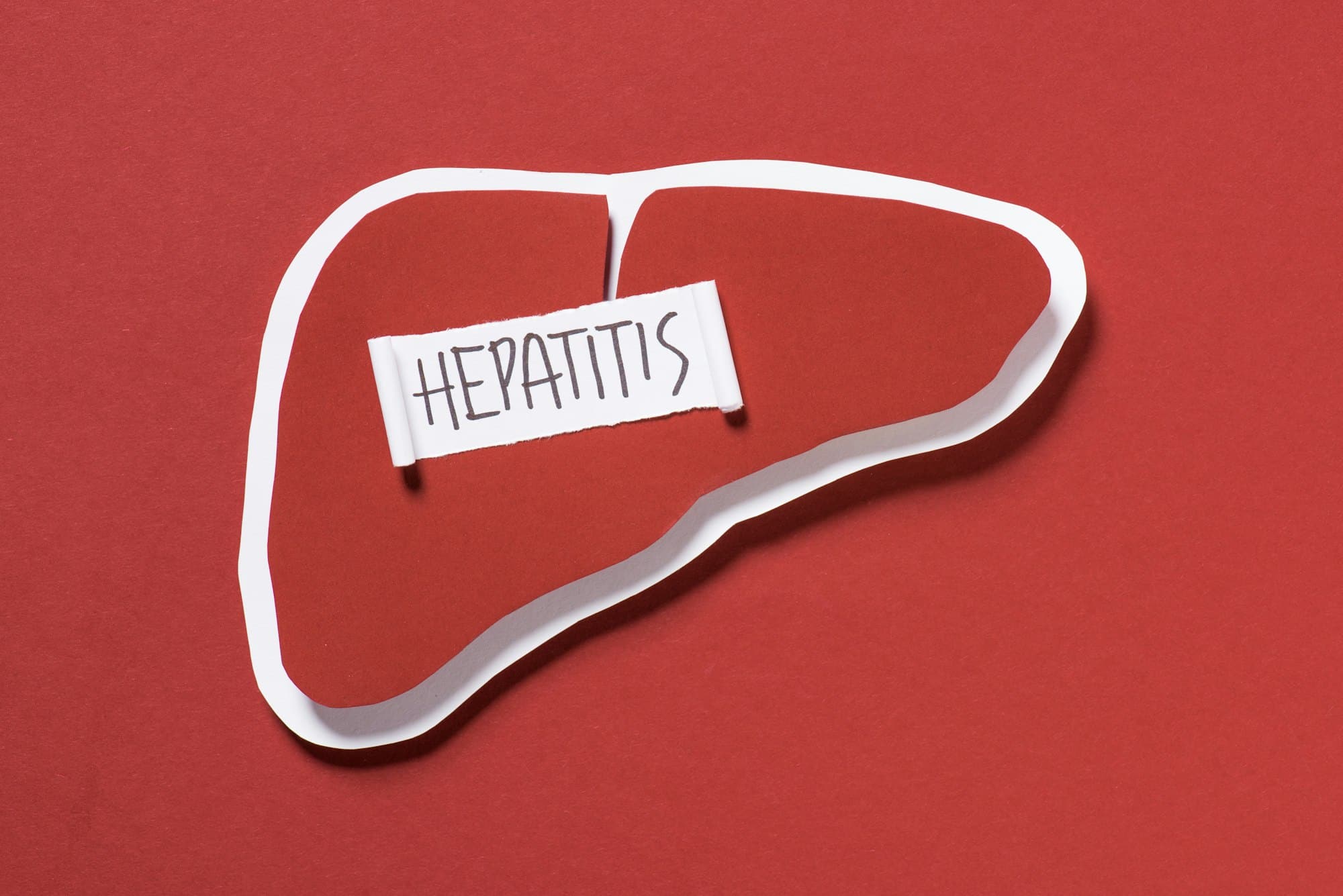Hepatitis A outbreak has more than 40 cases, but has stabilized
More than 40 cases of hepatitis A have been reported since the beginning of the year in Portugal, mostly in Lisbon and the Tagus Valley, but the increase has stabilized, the director of the National Program for Viral Hepatitis told Lusa. Speaking to Lusa, Rui Tato Marinho explained that the growth in cases is “not … Continue reading Hepatitis A outbreak has more than 40 cases, but has stabilized
0 Comments
